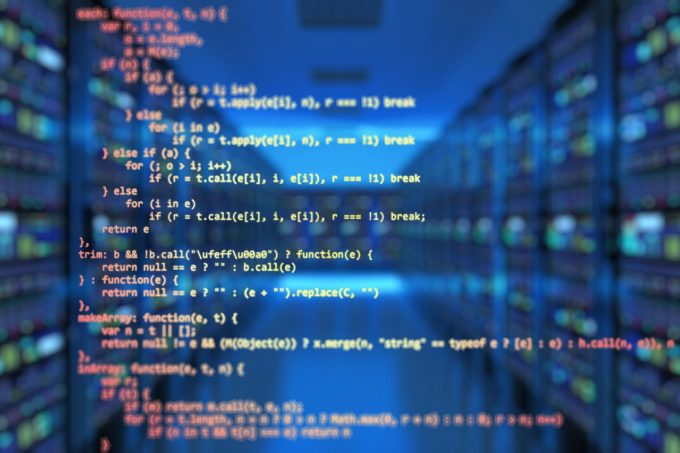
On August 9, 2021, Keysight Technologies (“Keysight”) agreed to a settlement with the Directorate of Defense Trade Controls (“DDTC”) on the allegations of committing twenty-four (24) export violations of the International Traffic in Arms Regulations (“ITAR”) for unauthorized exports of technical data and software to multiple countries that would have required licenses.
Based on the Consent Agreement, Keysight misclassified their Signal Studio for Multi-Emitter Scenario Generation software (“MESG”), which ‘can be used with certain hardware equipment to model and simulate multi-emitter electronic warfare threat scenarios for testing radar equipment on fixed or mobile platforms,’ believing that both the technical data and the software were not ITAR controlled but rather EAR99/No License Required.
DDTC raised concerns about the exports and the classification, recommending Keysight submit a Commodity Jurisdiction (“CJ”) to confirm the classification of the software.
Further the Consent Agreement indicates the following:
- Between 2015 -2018 Keysight exported MESG both in full versions of the software installed on hardware or electronically and exported trial versions via downloads from their website to multiple countries including Russia and China without the appropriate authorizations in place.
- On January 4, 2018, Keysight submitted their CJ to DDTC for consideration. The company, between January 9 – April 18, 2018, continued to release the MESG software as EAR99 to customers in China, Russia, Japan, Israel, and Canada while the CJ was under review.
- On April 27, 2018, DDTC formally classified the technical data/software as XI(d) which is related to electronic warfare test sets outlined in the sub-paragraph XI(a)(11).
- Keysight submitted a Voluntary Disclosure to DDTC in which the company disclosed they committed the alleged unauthorized exports of the MESG software to Australia, Canada, the Czech Republic, France, Germany, India, Israel, Japan, Russia, Singapore, South Korea, Spain, Switzerland, Taiwan, Turkey, the United Kingdom, and the Peoples Republic of China, during the period 2015 – 2018 believing the export classification was correctly determined by the company as EAR99/NLR.
- Keysight maintained the DDTC determination of USML Category XI(a)(1) was incorrect and submitted a reconsideration request to DDTC in August 2018.
- DDTC’s final classification determination in February 2019 confirmed the agency believed the classification of the technical data to be XI(d) for the software for the Signal Studio for Multi-Emitter Scenario Generation software as it relates to XI(a)(11).
Outcomes of the Consent Agreement
The Consent Agreement remains in effect for three years from the date of signing. The agreement consists of payment of the $6.6 million dollar fine, with $2.5 million dollars to be ear-marked for specified remedial compliance measures such as:
- Strengthened compliance policies and procedures
- Compliance training with a focus on the AECA and the ITAR
- Classification review of hardware, technical data, software that pertains to the company’s ITAR- business
- Auditing of the compliance program
- Designation/appointment of a Special Compliance Officer (SCO) or an Internal Special Compliance Officer (ISCO) approved by DDTC
- Future on-site visits by DDTC to assess the implementation of the remedial compliance requirements
Key Takeaways
There is a lot to be learned from the Keysight settlement. Here are some key takeaways to keep in mind during the export compliance process:
- The classification process and the Order of Review is paramount to any business that plans on exporting out of the United States. Don’t settle on EAR99 without documentation to support the decision!
- Understand when a license authorization is required and the countries that may be prohibited from receiving export-controlled items BEFORE those items are slated to be shipped.
- Compliance policies and procedures must become part of the day-to-day business model to help prevent future violations.
- Yearly compliance training is crucial to ensure updates/changes to the regulations and should be provided to all employees who are involved in the export process.
- Work with trade compliance and legal to review risks when contemplating exporting a product that is under a current CJ review. Just because you don’t have a decision from DDTC, does not make it permissible to export the product under EAR99 or another ECCN.
Classification is the cornerstone of export compliance. If you have an incorrect classification, you risk violating the regulations. If you need assistance determining the classification of your product or you want an expert to review your determination, ESI can help. Our team of consultants has decades of trade compliance expertise and would be happy to assist. Contact ESI for a free consultation today.
Beverly Demma is a Sr. Consultant for Export Solutions -- a full-service consulting firm specializing in U.S. import and export regulations.
